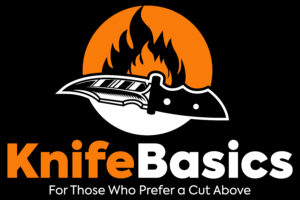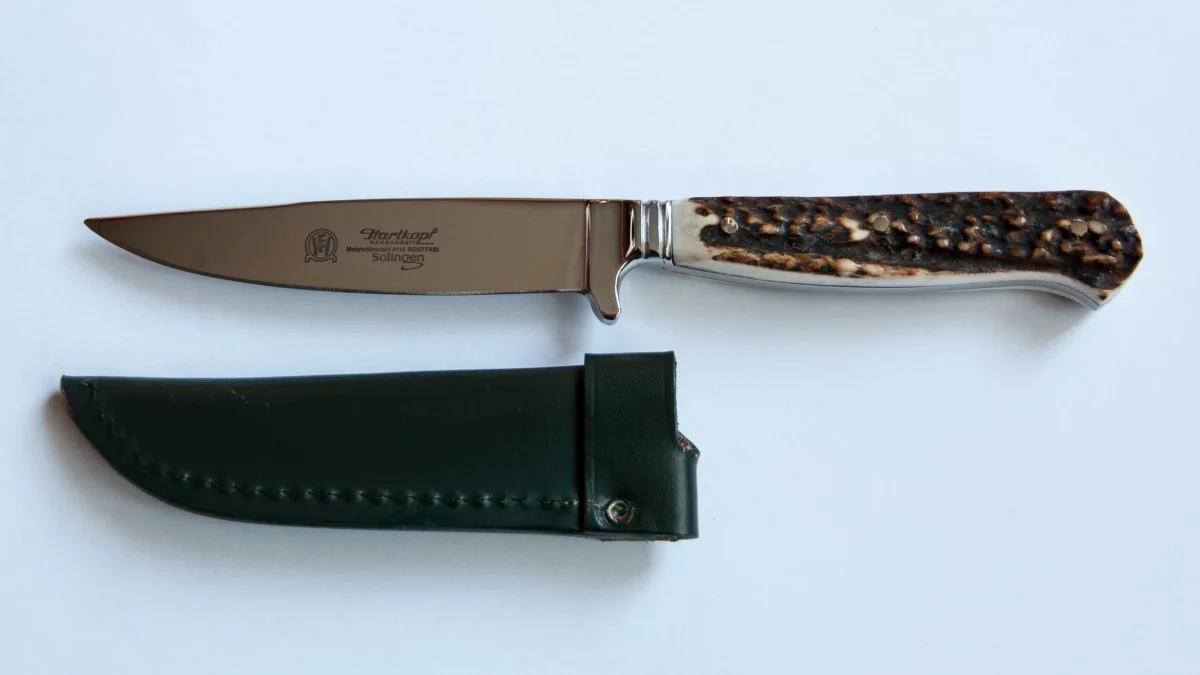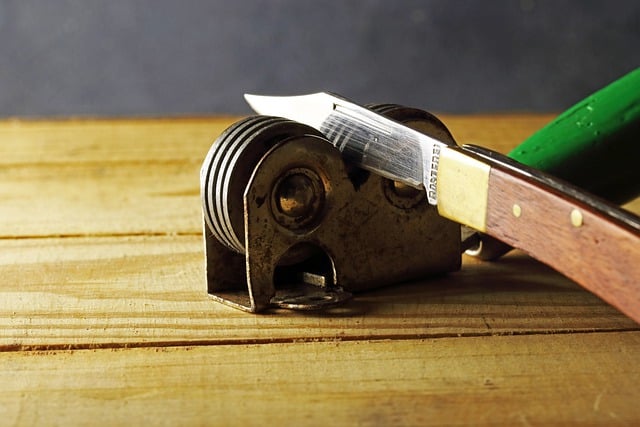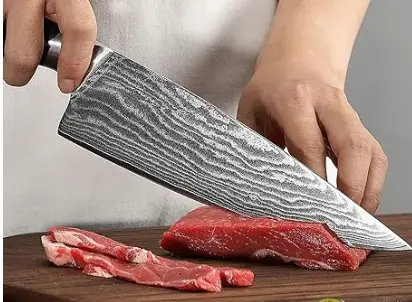4116 stainless steel is fine-grained stainless steel manufactured by ThyssenKrupp, a German company. It is also known as 4116 Krupp stainless steel. Initially, it was designed for hygienic applications like making knives for the food, medical and pharmaceutical industries.
This steel is versatile in knife making. Some knife makers make low-end, inexpensive knives, while others produce upscale knives from the same steel. However, it is generally categorized as low-end steel.
4116 Steel Chemical composition
- Carbon C 0.55%: Increases edge retention, hardness, and tensile strength. It also improves steel resistance to wear, abrasion, and corrosion.
- Chromium Cr 15.00%: Formation of Chromium carbides. Increases the blade’s hardness, tensile strength, and corrosion resistance.
- Molybdenum Mo 0.80%: It improves machinability and hardness.
- Vanadium V 0.20%: inhibits grain growth during elevated temperature processing and heat treatment, which enhances the strength and toughness of steel. It also forms carbides that increase wear resistance.
- Phosphorous P 0.04%: Increases the strength and improves machinability of steel
- Manganese Mn 1.00%: improves the strength and hardness of steel. When the steel is heat-treated, hardenability is improved with increased manganese.
- Silicon Si 1.00%: Increases strength and heat resistance.
- Sulfur S 0.03%: Improves machinability but is regarded as an impurity in high quantities.
Properties of 4116 steel
4116 Steel Hardness
4116 stainless steel has a hardness of 56HRC on the Rockwell hardness scale. Note that the hardness varies with the heat treatment used by the manufacturer.
The hardness of this steel is not too high, compared with high-end steel with hardness levels of 60HRC and above. The hardness of this steel is attributed to the 0.5% Carbon in its composition.
4116 Steel Corrosion resistance
The best property you will get from 4116 stainless steel is its corrosion resistance. The credit for the excellent corrosion resistance goes to the high amounts of chromium in its composition. With this level of corrosion resistance, knives made from this steel do not rust or stain even when used in corrosive environments.
What’s more, it is because of the high corrosion resistance that this steel is used in making food and medical tools.
4116 Toughness
Another area of excellence for 4116 stainless steel is its toughness, which is attributed to its high chromium composition and hardness. Since it is not very hard steel, it offers great toughness. Also, the molybdenum in its composition adds to the toughness and especially when exposed to high temperatures.
Therefore, if you are on the market for an affordable knife with excellent toughness, the varieties of 4116 will not disappoint you.
4116 Edge retention
4116 stainless steel remains sharp for long but not as long as other low-end steel out there. Since it can be categorized on the soft edge on the hardness scale, the not-so-good edge retention is expected. If you purchase this steel because of your interest in other excellent properties, be prepared for frequent sharpening.
4116 Steel Wear resistance
The steel contains a moderate amount of Vanadium in its composition, which contributes to good wear resistance. This steel will serve for long without wear and tear, even with daily use. It will not deform easily even after the frequent sharpening episodes because it gets dull faster.
Sharpening 4116 Steel
4116 steel is easy to sharpen because it is soft steel taking into account its hardness of 56HRC. Since it becomes dull faster; achieving a sharp edge faster brings in a good balance. The ability to get a sharp edge on this steel does not depend on your sharpening skills or tools.
4116 steel vs. other steels
4116 steel vs 8Cr13MoV
8Cr13MoV stainless steel offers better edge retention and wear resistance than 4116 stainless steel. On the other hand, 4116 shines in toughness, and it is easier to sharpen. They will provide you with the same level of corrosion resistance as they both contain an almost equal amount of chromium elements in their alloys.
4116 vs D2 steel
The first main difference is that D2 is not stainless steel and, therefore, has poor corrosion resistance compared to 4116 stainless steel. D2 contains more carbon than 4116, making it better in edge retention and wear resistance. On the other hand, 4116 shines in toughness and is easier to sharpen.
4116 vs 420HC
4116 stainless steel with characteristics similar or comparable to 420HC steel. 4116 steel is a popular choice among knife manufacturers thanks to its excellent corrosion resistance and affordable price. Cold Steel Knife Company however states that 4116 is better in wear resistance than 420HC. I view 420HC as the most equivalent to 4116 due to their alloy composition.
Is 4116 stainless steel good for knives?
Yes! 4116 stainless steel is good knife steel because it features excellent corrosion resistance, edge retention, wear resistance, and it is easy to sharpen. What’s more, knives made from this steel are affordable, giving you quality for your cash.
If you are looking for affordable knives to be used in corrosive environments like in the kitchen, humid and salty environments, look into the varieties of 4116 knives. You can get similar performance from knives made of 420HC steel too.



